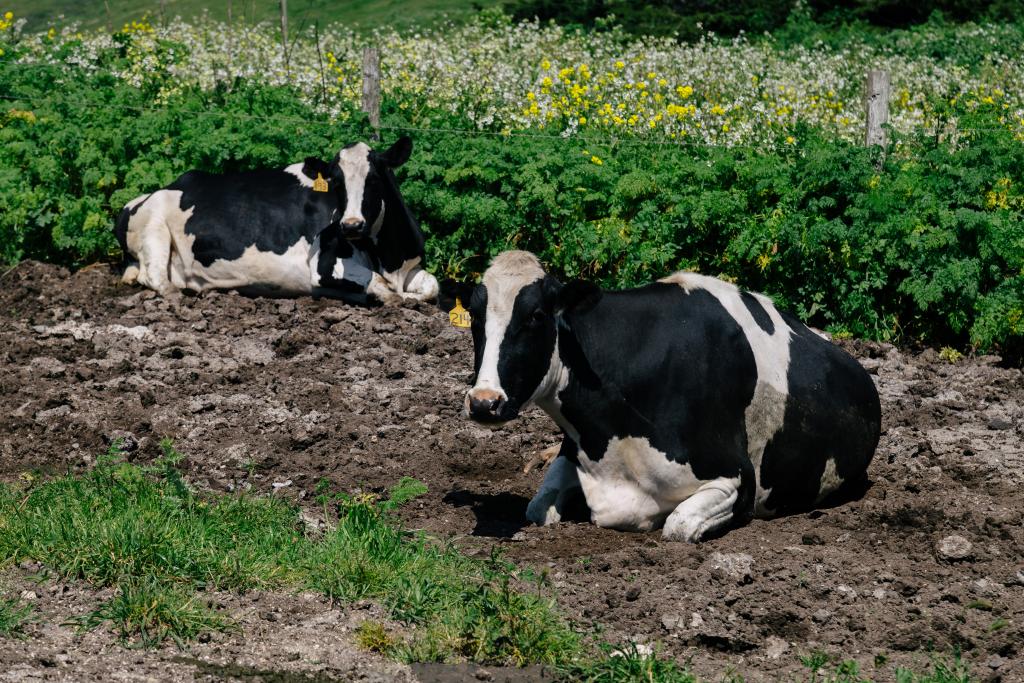
An increasing cohort of small-scale farmers in search of an environmentally friendly way of life strongly desire to live on their land. However, as one case showed, the economic viability of such enterprises can be a critical factor when considering planning applications to make residential use of agricultural land.
The case concerned a smallholder’s application for a temporary, three-year planning permission to install a dwelling on his land so that he could tend his cows. He said that he and his family needed to live on site to fulfil his ambition to expand his herd from 60 to 100 head within the three-year period. In opposing the development, however, the local authority took the view that the plot was too small to support an enterprise of the scale and nature that he proposed.
In subsequently refusing his application, a planning inspector praised his dedication to farming – he worked up to 100 hours a week – his tender care for his animals and his laudable desire to expand. The inspector was not, however, satisfied that his business plan for the smallholding’s future was on a sound financial footing or that he had a reasonable prospect of delivering a sustainable profit within three years.
Challenging that decision, the farmer contended that his plan was sound and that he would make a healthy profit in due course. The inspector, he argued, was wrong to find that the growing herd would become unmanageable by a single worker. His wife and son would assist him and there would be no substantial need to take on paid help. If he were wrong about the smallholding’s viability, there was little risk to the council in that the dwelling would be removed in three years.
Rejecting those arguments, however, the High Court noted that it was not its role to second-guess the inspector’s conclusions on the merits of the planning application. He was entitled to find on the evidence that the farmer had not demonstrated the financial viability of his business plan. The presence of a rural dwelling associated with an unsustainable business in an otherwise unacceptable location, even for a temporary period, was contrary to the interests of good planning.